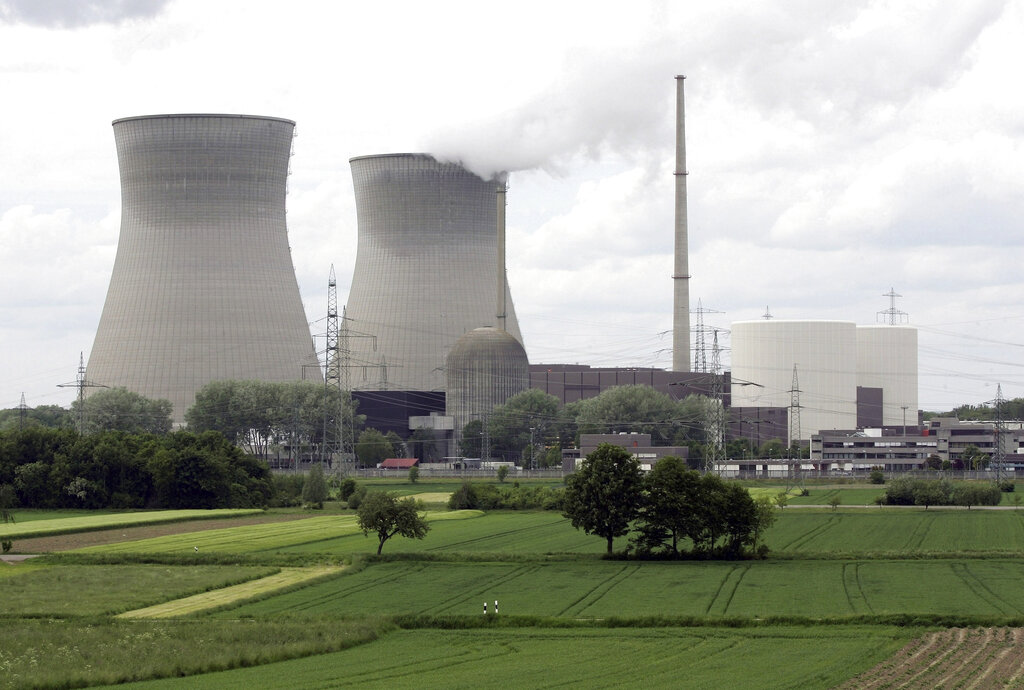On the final day of 2021, when Germany shut down three of its six remaining nuclear power plants, the European Commission informed EU member states that it intended to classify some nuclear energy and natural gas as climate-friendly.
The draft proposal, to be published in the New Year, has led to a huge uproar among Germany’s left-wing and Green Party politicians, who, along with Austria, have announced their intention to commence legal action against the bloc’s draft documentation.
“The initiative threatens to dilute the meaning of sustainability,” Germany’s Vice-Chancellor and co-leader of the country’s Green Party, Robert Habeck, said. He also accused the EU of attempting to cover up its own “destructive practices” with its seemingly climate-friendly policies.
“I consider it absolutely wrong for the European Commission to want to classify nuclear power generation as a sustainable economic activity,” added Steffi Lemke, Germany’s environment minister.
“It must be recognized that natural gas and nuclear energy can contribute to the decarbonization of the European Union’s economy,” the committee’s draft reads, adding it remains a priority of the Commission’s to accelerate the phasing out of more harmful energy sources, such as coal. The proposal also reported that only natural gas and nuclear power plants using the latest technology would be classified as green, provided the energy produced did not emit more than 100 grams of carbon dioxide per kilowatt-hour.
A total of seven EU member states — including France and Hungary — initiated the role of nuclear energy in the EU’s large-scale climate program last March.
In the eastern and southern parts of the bloc, member states remain highly dependent on fossil fuels, and nuclear energy even accounts for 70 percent of France’s energy supply.
The newly-presented EU plan continues to drive division within the bloc as to how it proceeds with environmental and energy reforms, but with only a few member states siding with Germany and Austria on this particular proposal, it stands little chance of being struck down.
Should the draft proposal be approved by a majority on Jan. 12, as expected, the draft will take effect from 2023.






